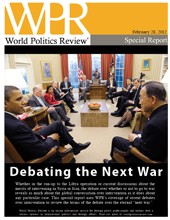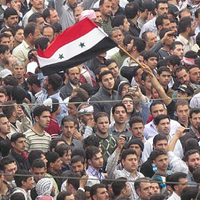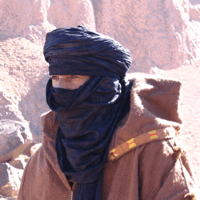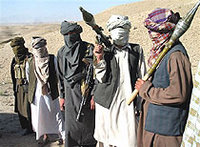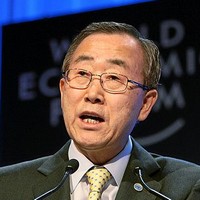
When United Nations Secretary-General Ban Ki-moon selected his predecessor Kofi Annan last week as his envoy to mediate the ongoing crisis in Syria, most observers thought it was an obvious choice. But Ban’s decision represents an important twist in a sometimes complex relationship between the two men — and a high-stakes attempt to maintain the U.N.’s role in the Middle East, where it has been active since the 1940s. Ban had reportedly looked for an Arab envoy, but divisions in the region over how to deal with Damascus made it hard to find a consensus candidate. By contrast, Annan is […]

